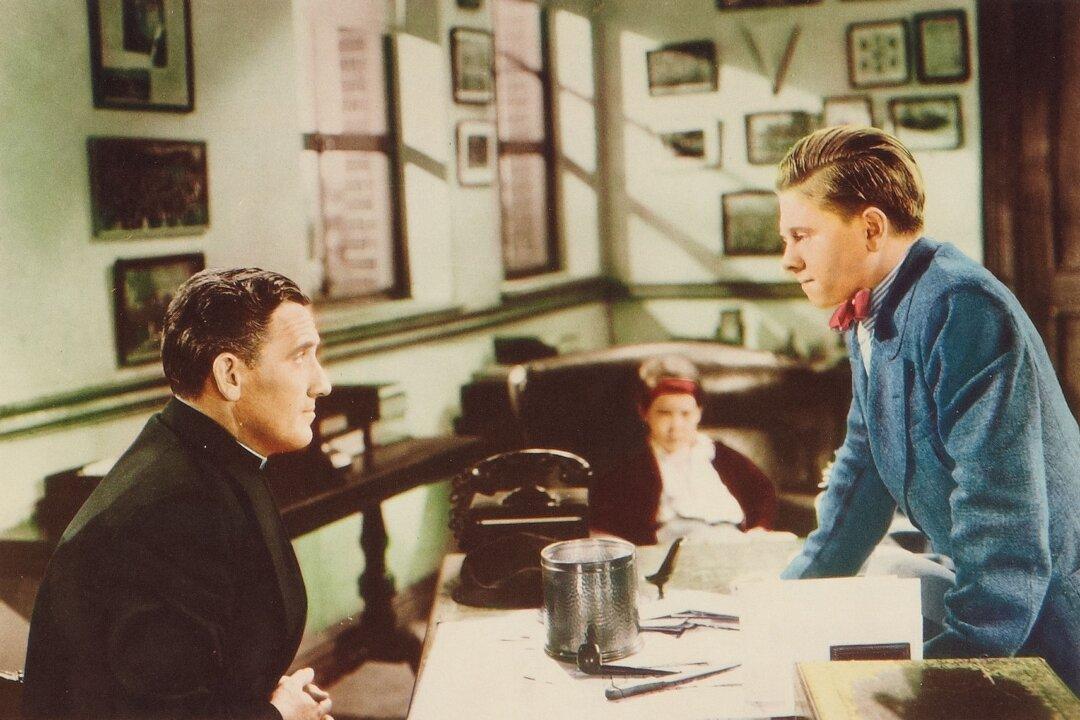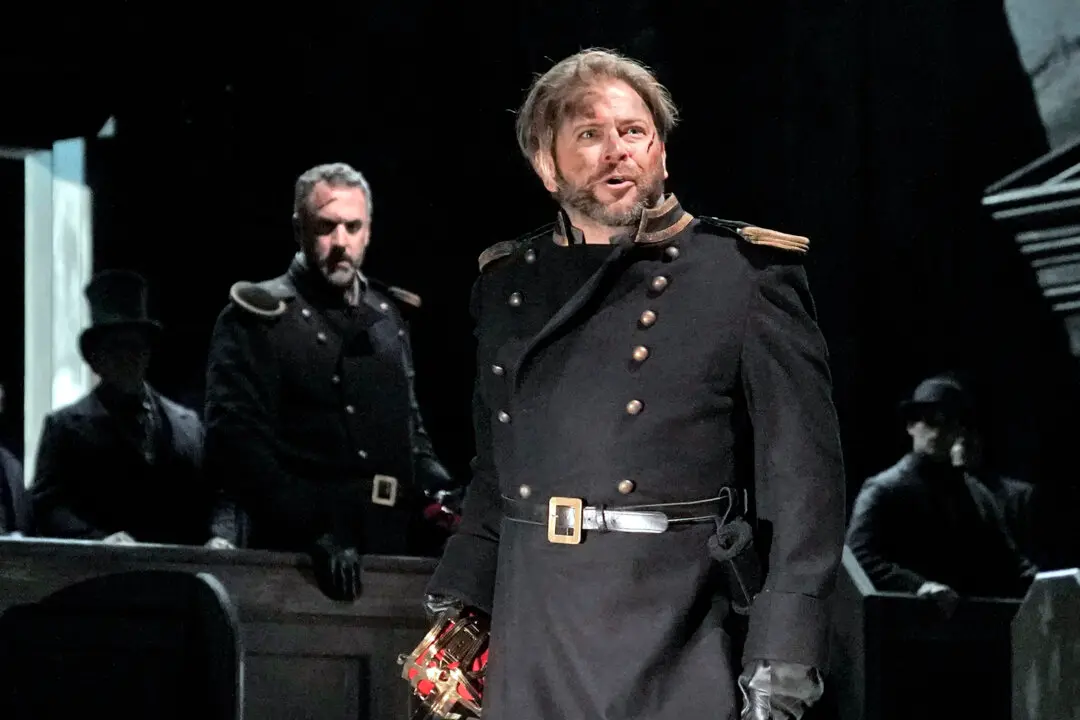Commentary
Where are young people to find good influences these days? It seems everywhere one looks, there are corrupting forces at work. Even places that are supposed to be safe havens, like schools, religious organizations, libraries, and youth groups, can be corrupted by individuals’ bad behavior or overrun with dangerous ideology. One resource to which I turn, both for inspiration and a good influence, is uplifting movies from the Golden Era of Hollywood.





